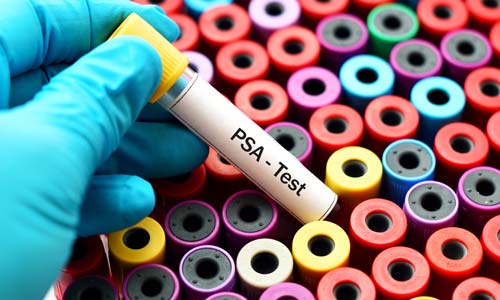Prostate Health Advice Hub
Explore our expert-led content if you have concerns around your prostate health and learn about the experiences of others who've been there.
Know your prostate
What does the prostate do?
Where is it situated?
Prostate size changes with age
The prostate gland is generally the size of a walnut, as we get older it increases in size, to about the size of a golf ball in our 50s, a lemon in our 60s and a cricket ball in our 80s. As it grows naturally it can restrict urine flow.

0-50

50-60

60-80

80+
Do I need to worry?
As you get older, your risk of developing prostate health issues increases. This includes cancer. Sometimes issues develop without you even realising. A little bit of knowledge can help you feel in control of your health, rather than ignoring it.
Risk factors for prostate cancer
- ✓ Younger than 60
✓ Black ethnic origin
✓ ✓ Family history of prostate cancer
Modifiable risk factors
- ✓ Obese
✓ Smoker
✓ Diet rich in red meats/high fat dairy products
Symptoms to get checked out
- ✓ Frequent need to urinate
✓ Difficulty in starting to urinate
✓ Straining when urinating
✓ Weak urine flow
Feeling that your bladder has not emptied fully
✓ Blood in urine or in semen
Testing for prostate cancer
There are three initial tests a GP may do to determine your prostate health, but prostate cancer can only be definitively diagnosed with an MRI and a biopsy.
1 Urine sample
2 Blood sample
3 Rectal exam
Should I get a PSA test?

The PSA test does not diagnose or detect cancer. Instead, the test is looking for raised levels of the prostate-specific antigen. Raised PSA levels could indicate benign changes, an infection or possibly cancer. Some 3 out of 4 men with raised PSA do not have cancer.
On the other hand, after 13 years of monitoring results, a European study found randomised prostate screening could cut prostate cancer deaths by up to 21%.
"I'm glad I expressed my cancer concerns"
When Tom was diagnosed with prostate cancer at 43, his long-felt suspicions had been confirmed. He was the latest in his family to be diagnosed, and the youngest.
Treatment options
In many cases men have a few cancer cells but they're not expected to make trouble. In this case you'd be put under ‘active surveillance’. That means you’ll have regular blood tests to check your PSA levels, MRI scans to monitor any growth in the tumour, and biopsies to see if the cancer is spreading within the prostate. In other cases, further treatment may be necessary. This may include; Surgery to remove the prostate gland, Laser therapy, Radiotherapy and Hormone therapy
"I'm not a survivor, I had an issue and I dealt with it."
Assess your risk at home
Every year, over 50,000 men in the UK are diagnosed with prostate cancer. Research also shows that men are reluctant to book in for an examination because of stigma and embarrassment.
The Prostate Cancer UK Risk Checker allows you to check your risk status for prostate cancer at home in under 30 seconds. Answer 3 simple questions and this free tool will determine whether any further action is necessary.
